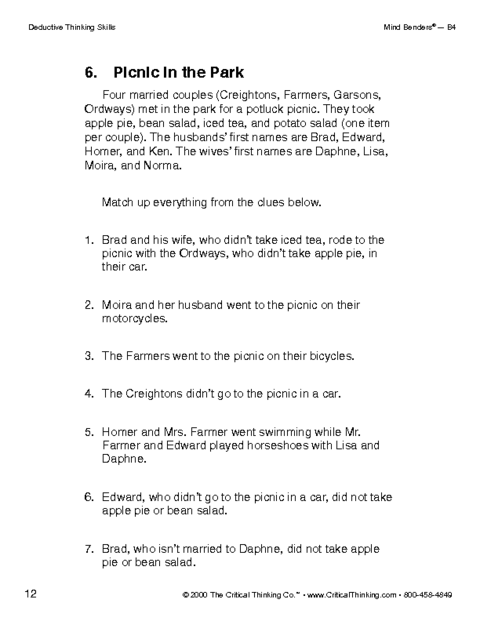
None of these happen in a vacuum or on their own we need both to advance as a species and the process of scientific exploration is one of re-iteration of these methods. Inductive Reasoning Activities for Kids Inductive Reasoning.
Normal deck of 52 cards for each group.
Inductive and deductive reasoning activities. These math journal andor note-taking activities introduce geometry students to inductive and deductive reasoning. Guidedscaffolded notes and interactivefoldable activities are perfect for Geometry students. Focused notes help students to take.
These math journal andor note-taking activities introduce geometry students to inductive and deductive reasoning. Guidedscaffolded notes and interactivefoldable activities are perfect for Geometry students. Focused notes help students to take.
Using Card Games to Teach Inductive Reasoning. A card game is a fun way for students to practice inductive reasoning often without realizing it. Normal deck of 52 cards for each group.
Inductive Reasoning Activities for Kids Inductive Reasoning. Inductive reasoning is when you draw a general conclusion based off of certain observations that. Written in a Picture.
In this activity students get to look at various pictures of real life things and draw a general. Using inductive and deductive reasoning geometers prove vertical angles are congruent. They use patty paper to construct and measure vertical angles.
Then they prove corresponding angles are congruent and consider other conjectures. The main difference between inductive and deductive reasoning is that while inductive reasoning begins with an observation supports it with patterns and then arrives at a hypothesis or theory deductive reasoning begins with a theory supports it with observation and eventually arrives at a. Inductive reasoning is an activity that is necessary for solving problems in everyday life or carrying out debates while deductive reasoning is crucial in scientific demonstrations and discoveries.
None of these happen in a vacuum or on their own we need both to advance as a species and the process of scientific exploration is one of re-iteration of these methods. The concept of inductive reasoning IR refers to the cognitive activity of generating inferences that classically meet two criteria. A direction IR moves from the observation of particular cases to the formulation of more general rules and b level of confidence.
Inductive Reasoning Worksheet - Hi in this kind of article you will provide many interesting pictures of Inductive Reasoning Worksheet. We found many fascinating and extraordinary Inductive Reasoning Worksheet photos that can be concepts input and information intended for you. In addition in order to the Inductive Reasoning Worksheet main graphic we also collect various other related images.
Vi Deductive Reasoning Exercises for Attention and Executive Functions 11B. Filling a Pill Box 34 11C. Filling a Pill Box 35 12A.
Gardening 37 12B. Gardening 38 12C. Gardening 39 13A.
Invitations 40 13B. Invitations 41 13C. Invitations 42 14A.
Memorizing an Order 43 14B. Memorizing an Order 44 14C. Memorizing an Order 46.
Using your experiences and observations to come up with a general truth. The conclusions of inductive reasoning are considered probable. Applying logical rules to your premises until only the truthful conclusion remains.
Using deductive reasoning activities with young children will teach them that sometimes they need to wait to see all of the clues before they come to a final answer. This kind of activity can be fun and challenging for children. Begin with a Story.
When teaching deductive reasoning you may choose to first tell a story. Deductive reasoning is an essential academic skill for students of all grade levels to practice. Activities that help students develop deductive reasoning can be implemented to complement many areas of the curriculum.
As students engage in engaging deductive reasoning activities at first they practice using logic to draw conclusions based on evidence. Eventually students may study how deductive reasoning. PowToon is a free.
Rebecca Jones explains in detail the difference between deductive and inductive reasoningThese are ways of reasoning our brain uses in order to make sense of the world in a short amount of time. Deductive reasoning begins by assessing something generally and then making a following more specific conclusion about the situation. This type of deductive reasoning is called a syllogism.
Learn how to evaluate arguments and construct good arguments. In this simple video Speakbigtruth teaches logic in an easy to understand way.
